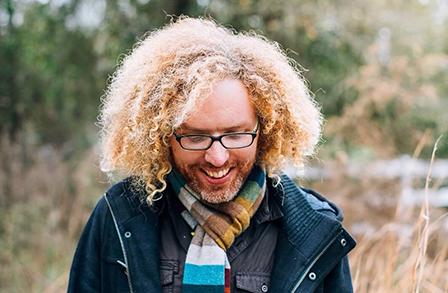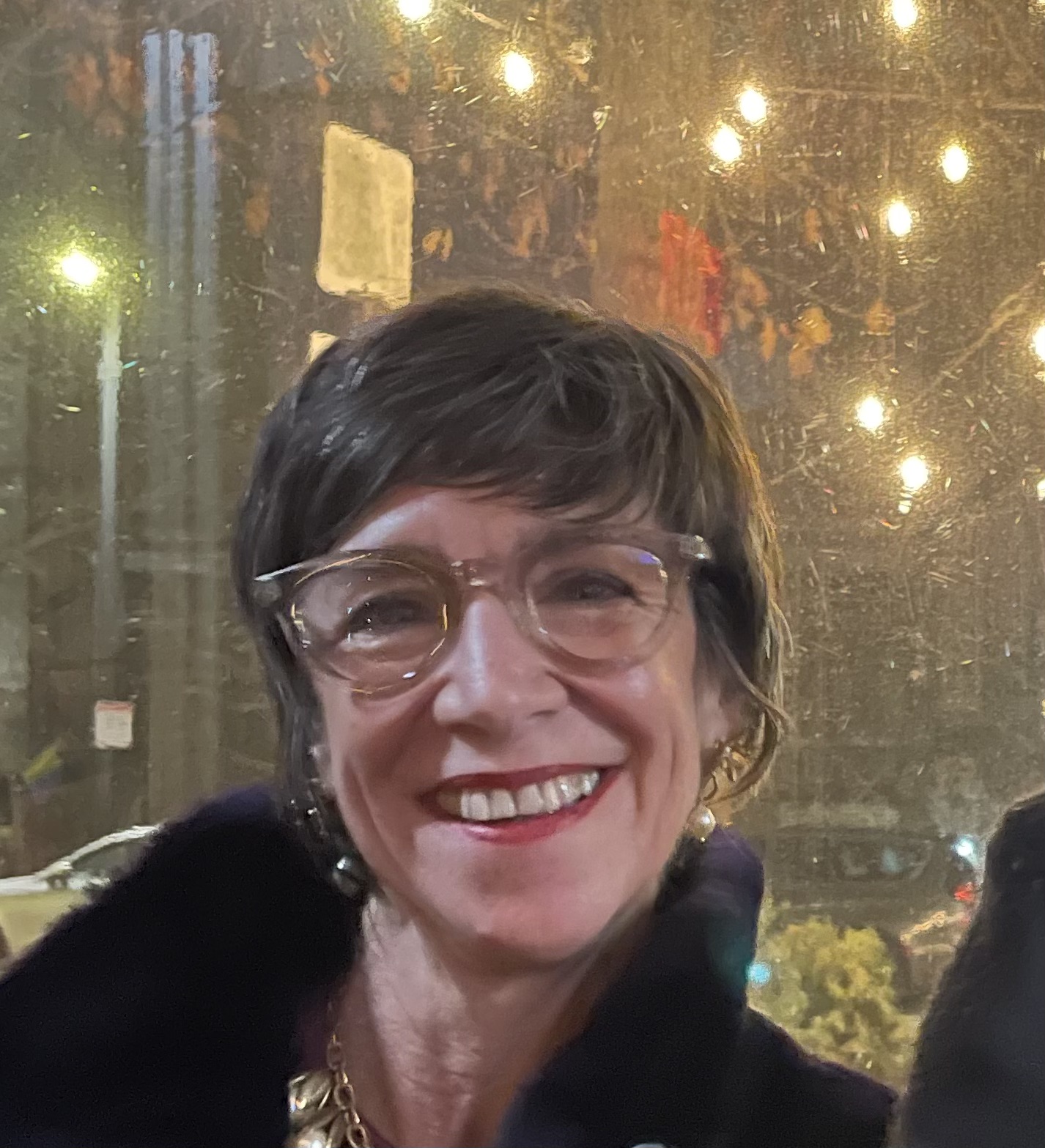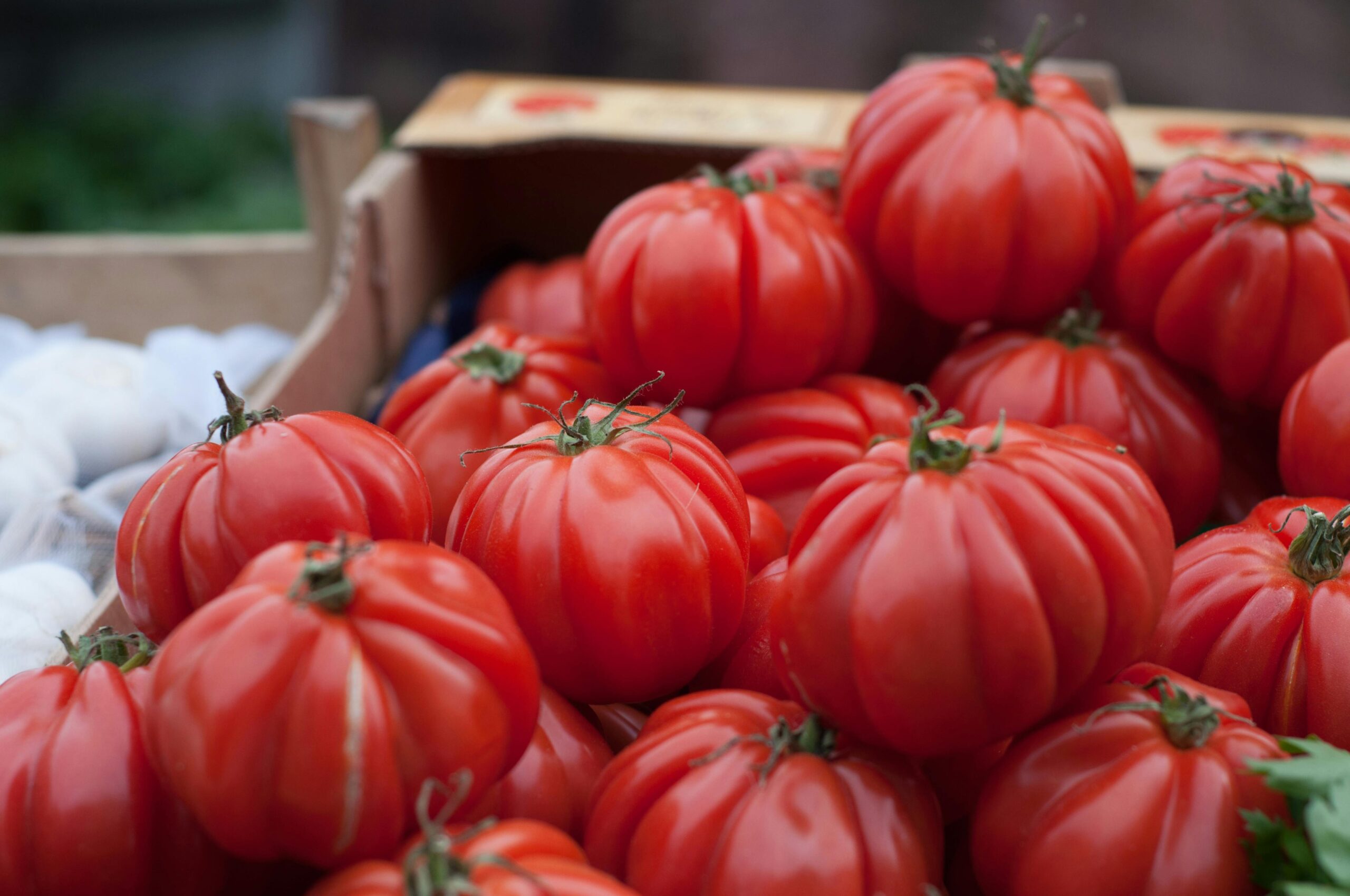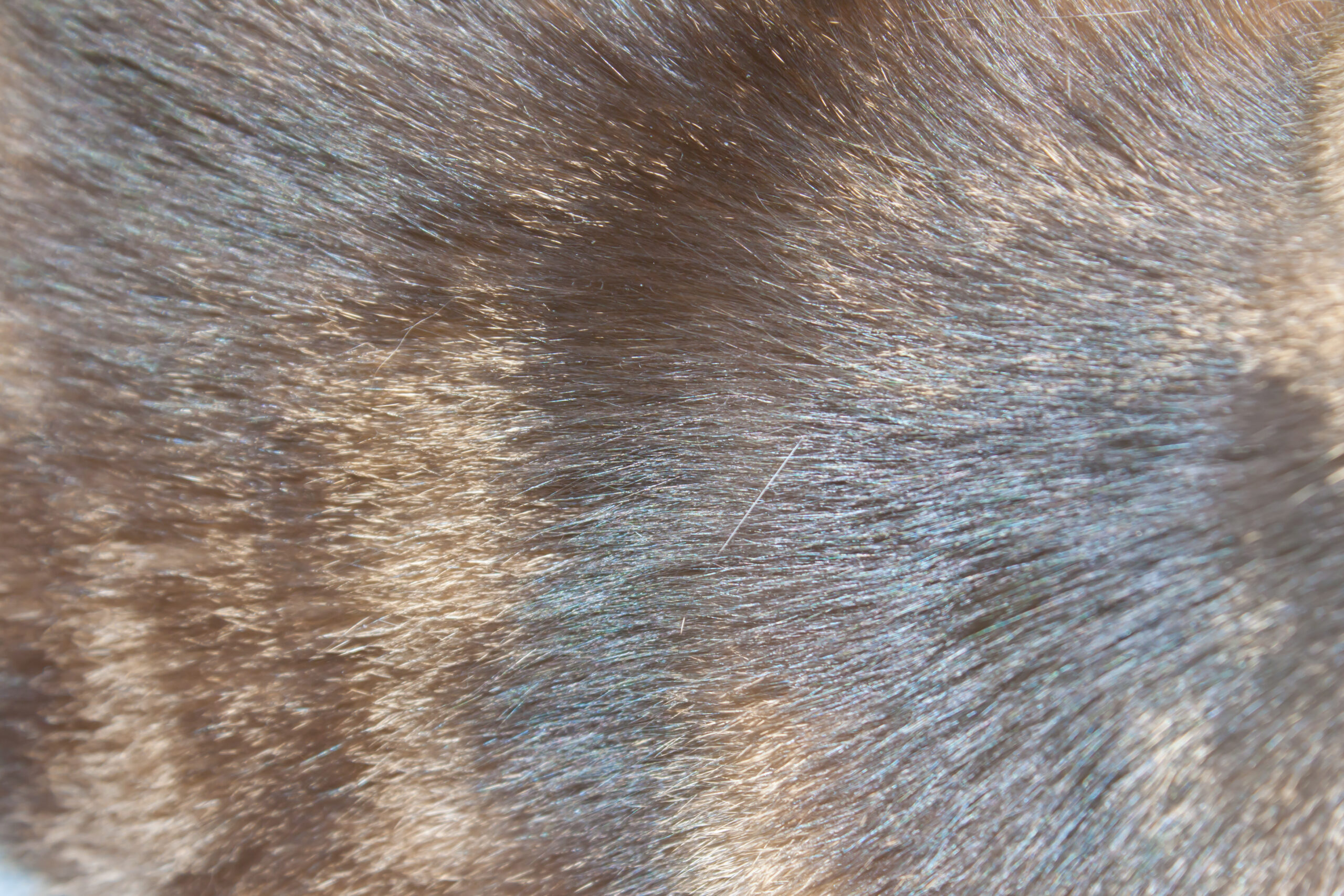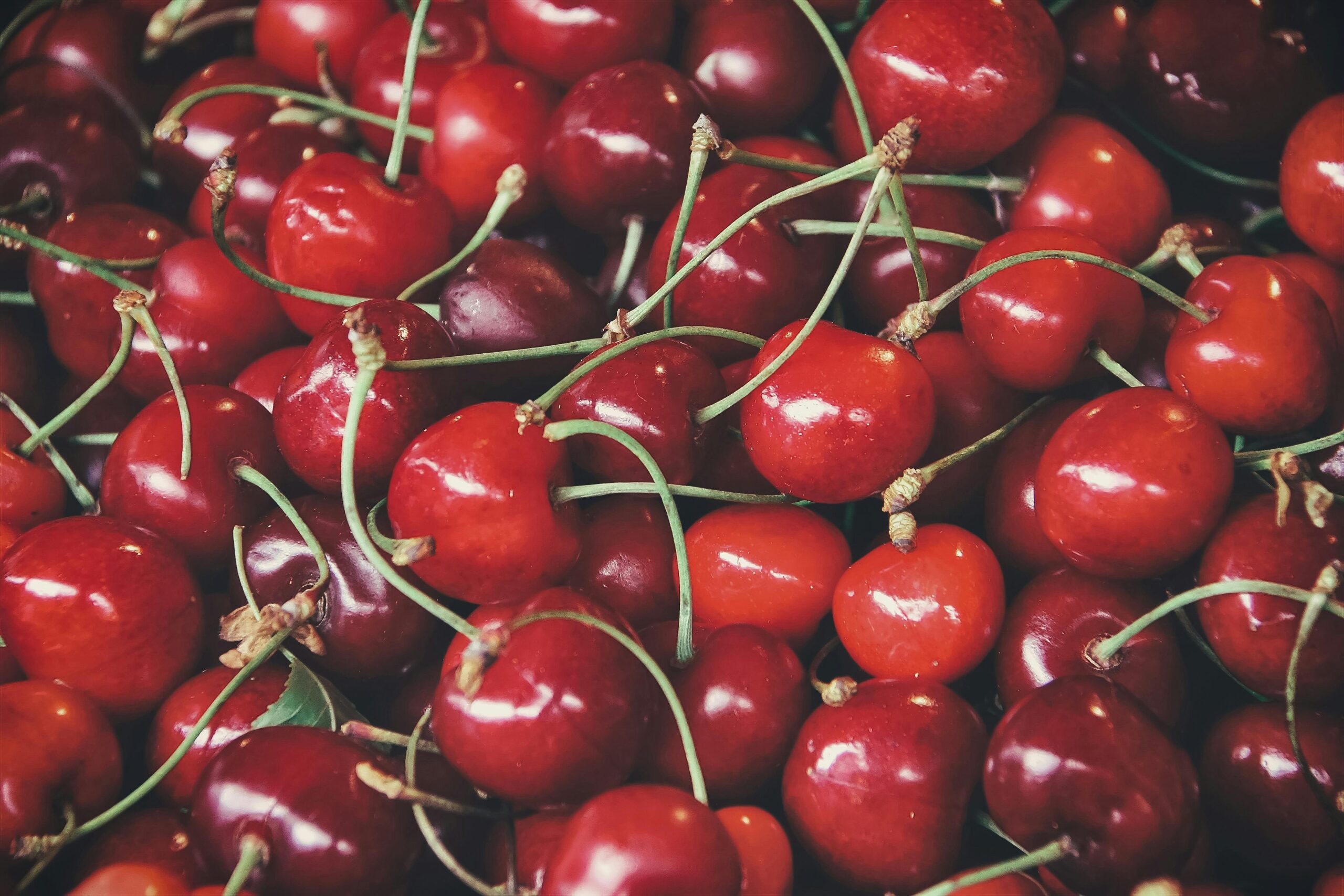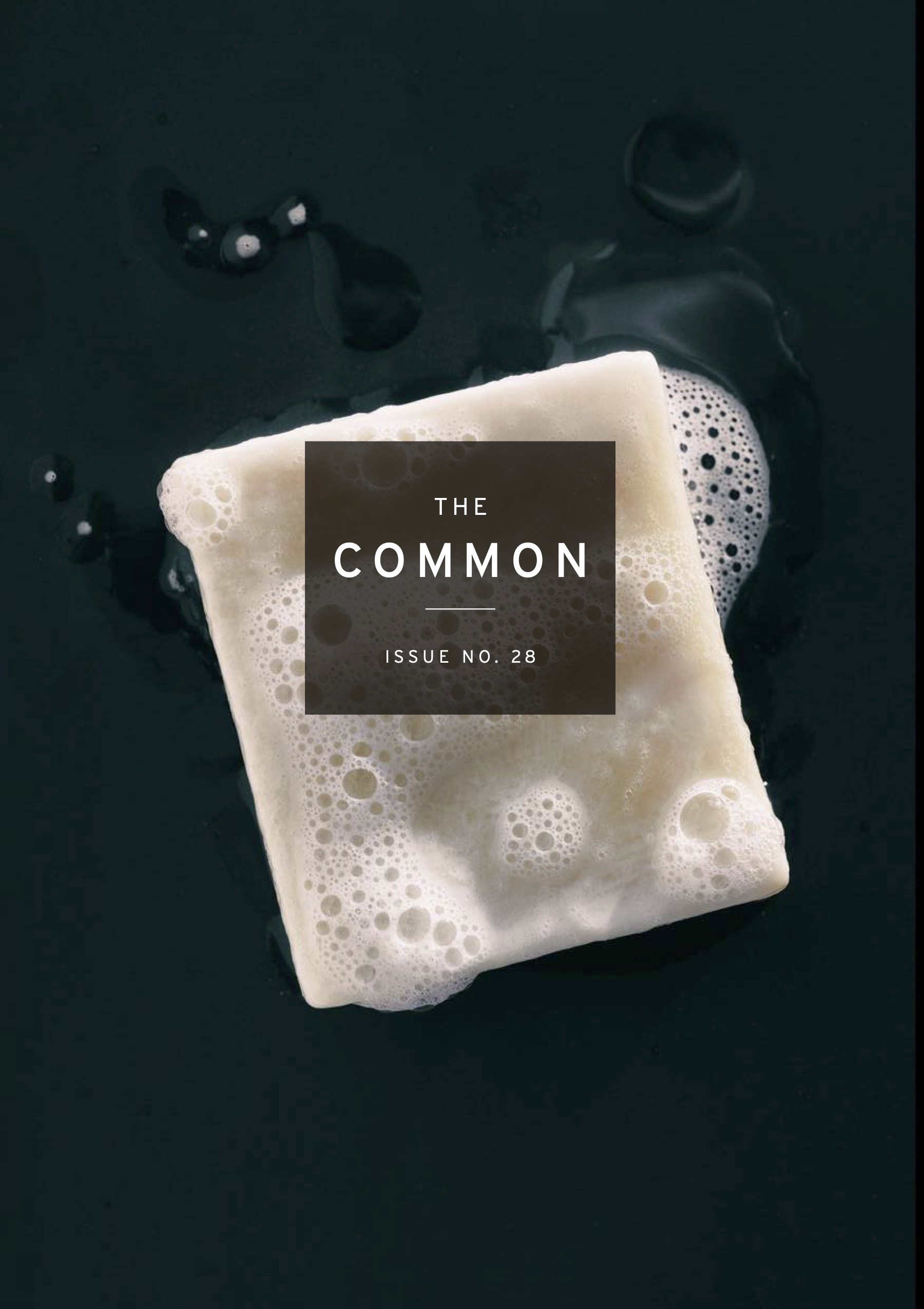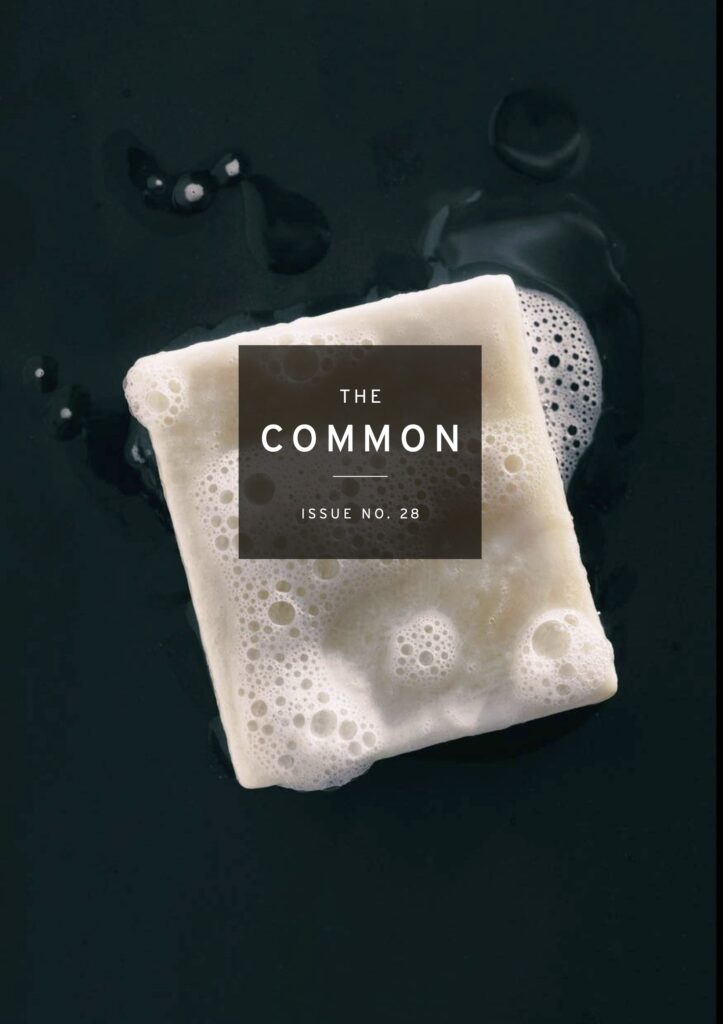By ZACK STRAIT
There were other vehicles moving through the darkness behind us. But we didn’t notice. We forced our bodies into the brambles. We stood on our tiptoes, reached high above our heads like we were greedy for the stars that night. But we craved something attainable, we thought. We thought our need was for the wild summer blackberries. But we were foraging for another memory to sustain us through the evil days to come. And as we ate, the past ripened in clusters for us there among the thorns. I don’t know what my father thought about then, as we filled our bellies with those dark jewels, but I could almost taste my grandmother’s fruit cobbler. The blackberries, I remember, were perfect that night. They were plump and sweet. The juice didn’t stain our fingers or mouths. We ate and ate. How wonderful, how the earth offers such goodness to us without cost. And how awful.
